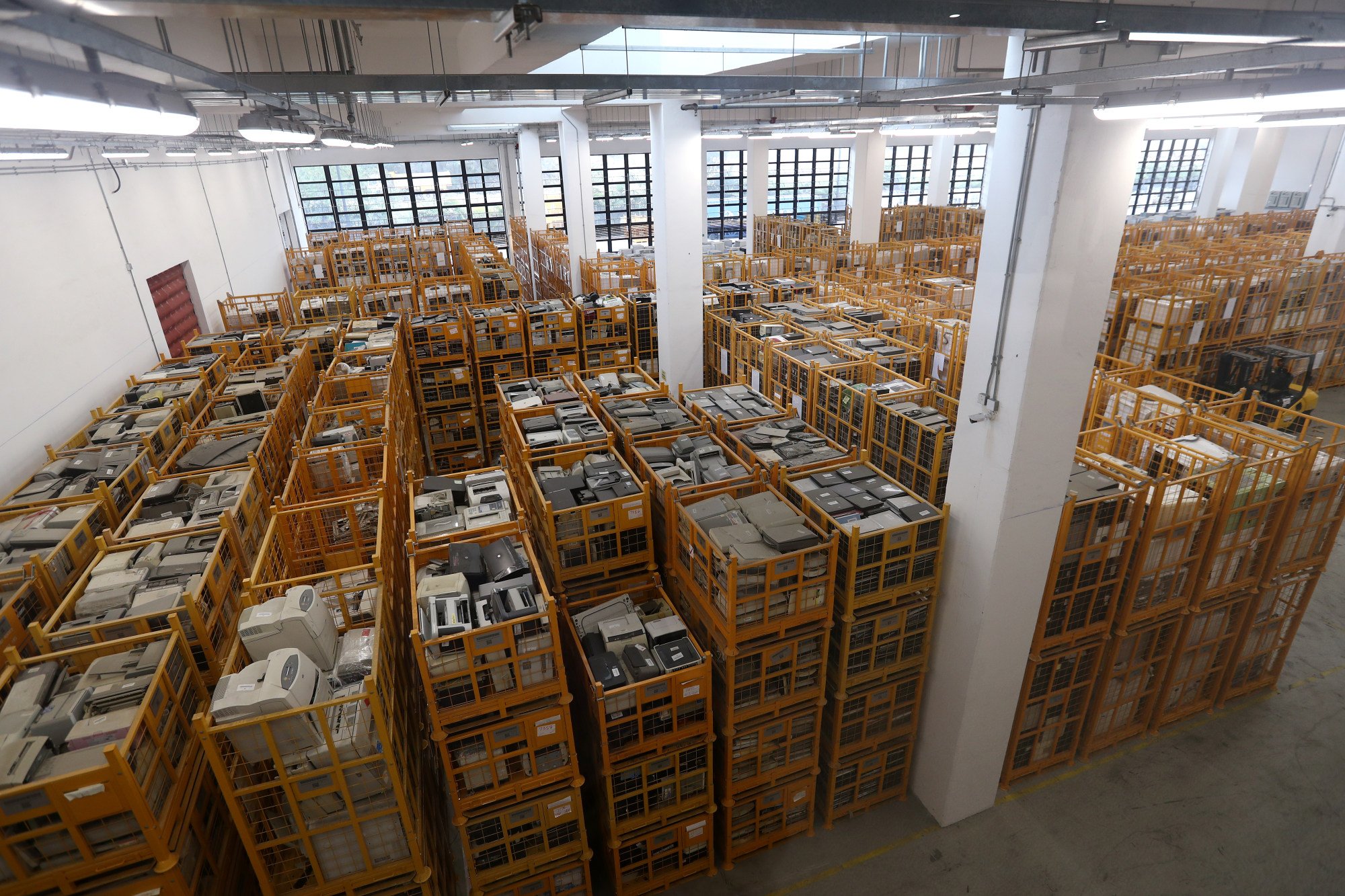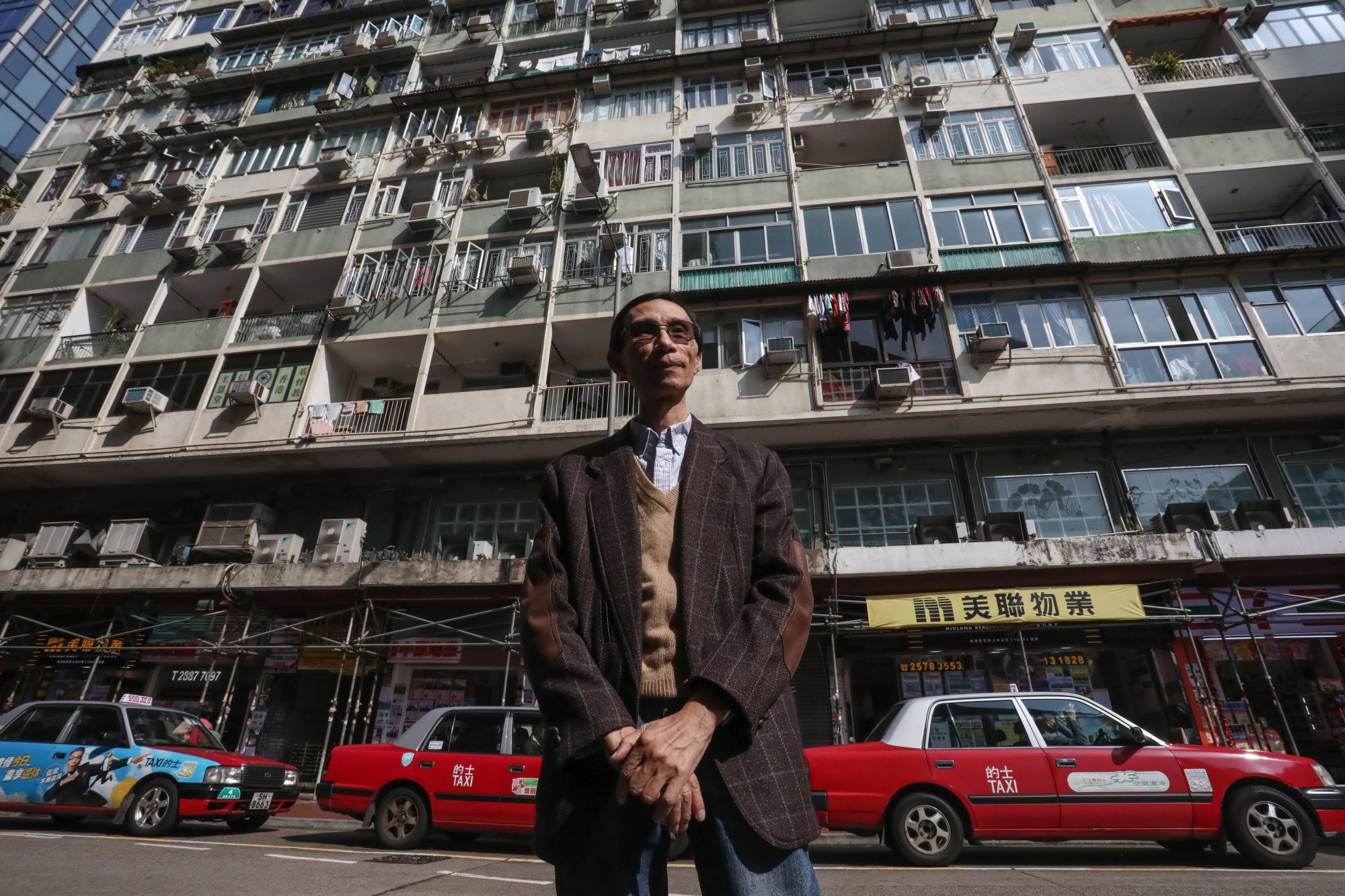Green groups this week said that while many Hongkongers had basic recycling knowledge and habits, the focus on convenience and lack of legislative “sticks” meant they had no incentive to take things a step further.
Like many in Hong Kong who live in cramped flats, the reporter relied on takeaway for about 90 per cent of his meals. The nearest recycling point was a mobile collection station that is only available once a week.

Hong Kong has 88 Green@Community recycling stations and stores, as well as over 200 once-a-week collection spots, that collect nine types of recyclables including paper, metal, plastics, batteries and small electronics.
While some facilities at the Post’s office had on-site kitchen areas with sinks where takeaway containers could be washed, other sites do not. After ordering takeaway following a gym visit, he was required to store the unwashed containers in his bag to bring home before properly cleaning them.
In other instances, such as on a recent overnight train ride to Beijing, the sinks did not provide sufficient water pressure to properly clean the dishes.
At the end of the experiment, 87 recyclable items had been collected, weighing 2.8kg (6.2lbs) – enough to fill a large suitcase – as well as a stack of cardboard boxes from home grocery deliveries. In 2022, the average Hongkonger generated 1.5kg of solid waste per day.
Angus Ho Hon-wai, executive director of Greeners Action, said that while many residents knew they could recycle certain metals, papers, and plastics, fewer were aware that large electronics and other appliances could also be recycled.
Large electronics and appliances can also be recycled at the Waste Electrical and Electronic Equipment (WEEE) Park facility in Tuen Mun.
While the government provided sufficient “carrots” through recycling rewards schemes and education policies, Ho added he did not think there were sufficient legislative “sticks” to entice more people to take up the practice.
He noted that many residents failed to recycle everyday objects such as takeaway containers.
“They just don’t bother,” he said. “They just feel convenience is more important.”
Edwin Lau Che-feng, founder and executive director of environmental group The Green Earth, said that recycling could be easier than many realised.
To save on space, residents should put all their recyclables into one designated dry box throughout the week and wait until they have arrived at a designated recycling station to sort it, he suggested.
As long as the recyclable items had been properly washed, there should be no issues with cleanliness or residue, he said.
To cut down on the amount of waste generated by takeaways, he also advised people to purchase their own reusable boxes and water bottles to bring to a restaurant.

But he warned residents to be cautious of packaging that may contain multiple materials. While products such as egg cartons might seem to be paper-based, Lau said they often had a layer of plastic lamination that needed to be separated.
Lau said failing to remove the film could compromise the recycling process and cause issues with machines. He added that this was a “very common” issue many people were unaware of.
“Proper education is a must … to make sure your recycling efforts are not wasted,” he said.
Resident Jorch Wong Ching-hei launched The Loops Hong Kong in 2019 in a bid to make recycling easier.
Wong said the city’s long working hours, small flats and a lack of nearby drop-off stations often discouraged many residents from recycling.
For a monthly fee, The Loops Hong Kong provides door-to-door recycling collection services for those living in residential buildings. People who sign up can put all their items in a single bag that are collected weekly by staff.
Wong said that many people failed to wash their recycling properly in the first few weeks of joining, but the company provided free education materials and they quickly learned how to do it properly.
The company has since grown to serve corporate clients including Disney and investment management firm Blackrock.
“Hong Kong cannot look away from its trash problem,” Wong said, adding that it was important to make “recycling easier than disposal”.

